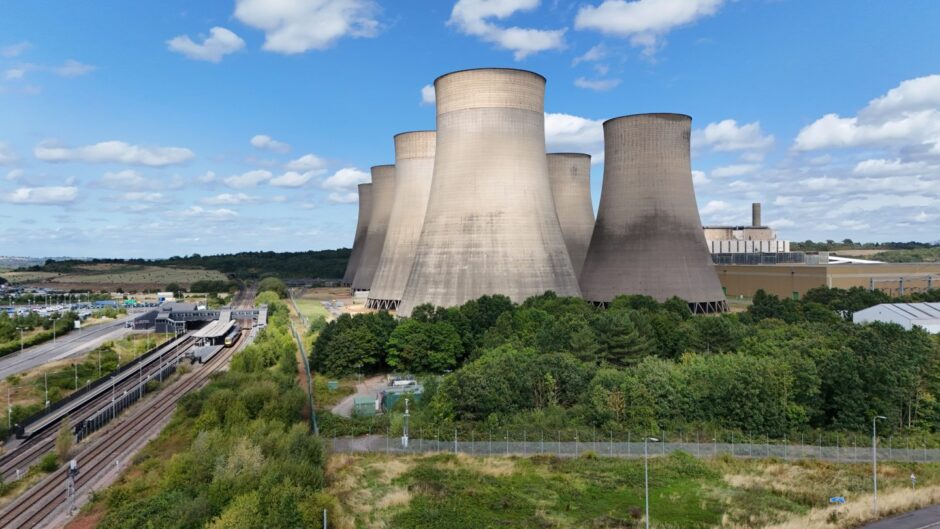
The UK has become the first G7 nation to completely phase out coal power, bringing to an end a 142-year era of burning the fossil fuel for electricity generation.
With the closure of the last remaining coal-fired power station in Ratcliffe-on-Soar, the UK joins more than a third of OECD nations which have successfully phased out coal.
The closure comes as global political leaders gather in Brazil to discuss strategies to accelerate the energy transition, and climate campaigners hope the UK will serve as an example for other nations on how to rapidly shift away from coal.
‘End of an era’
UK energy minister Michael Shanks heralded the closure of Ratcliffe-on-Soar.
“Today’s closure at Ratcliffe marks the end of an era and coal workers can be rightly proud of their work powering our country for over 140 years,” Shanks said.
“We owe generations a debt of gratitude as a country.
“The era of coal might be ending, but a new age of good energy jobs for our country is just beginning.”
Meanwhile, the former chair of the Climate Change Committee Lord Deben said “King Coal is dead”.
“Long live his clean successors,” Lord Deben added.
“This is the day we finally recognise that we can have power without it costing the Earth.”
UK sees rapid shift away from coal
According to a report from energy think tank Ember, coal accounted for 39% of UK electricity supply as recently as 2012.
But Ember said this dropped rapidly over the next decade, remaining at 2% or lower from 2019 onwards.
The think tank identified five key factors that enabled the UK to phase out coal so quickly.
These including putting a price on carbon, backing offshore wind, market reforms to enable more renewables, investing in the grid, and announcing 2025 as a target date for exiting coal a decade in advance.
Ember managing director Phil MacDonald said the UK provided “both the carrots and the sticks”.
“It’s important to signal that polluting sources have an end date, but also to provide an enabling environment to build the new clean energy system,” MacDonald said.
Climate change think tank E3G said similar progress has been made globally since the Paris Agreement of 2015.
E3G said there has been a 70% reduction in global planned coal capacity since 015, and the number of countries planning new coal has halved from 65 to 33.
This has largely been driving by the plummeting costs of renewable energy generation like wind and solar.
According to E3G, the cost of solar has dropped by 90% since 2015, while the cost of offshore wind in the UK fell by 70%.
Clean power by 2030
Ember said the UK predominately replaced coal with wind and solar, without increasing reliance on gas.
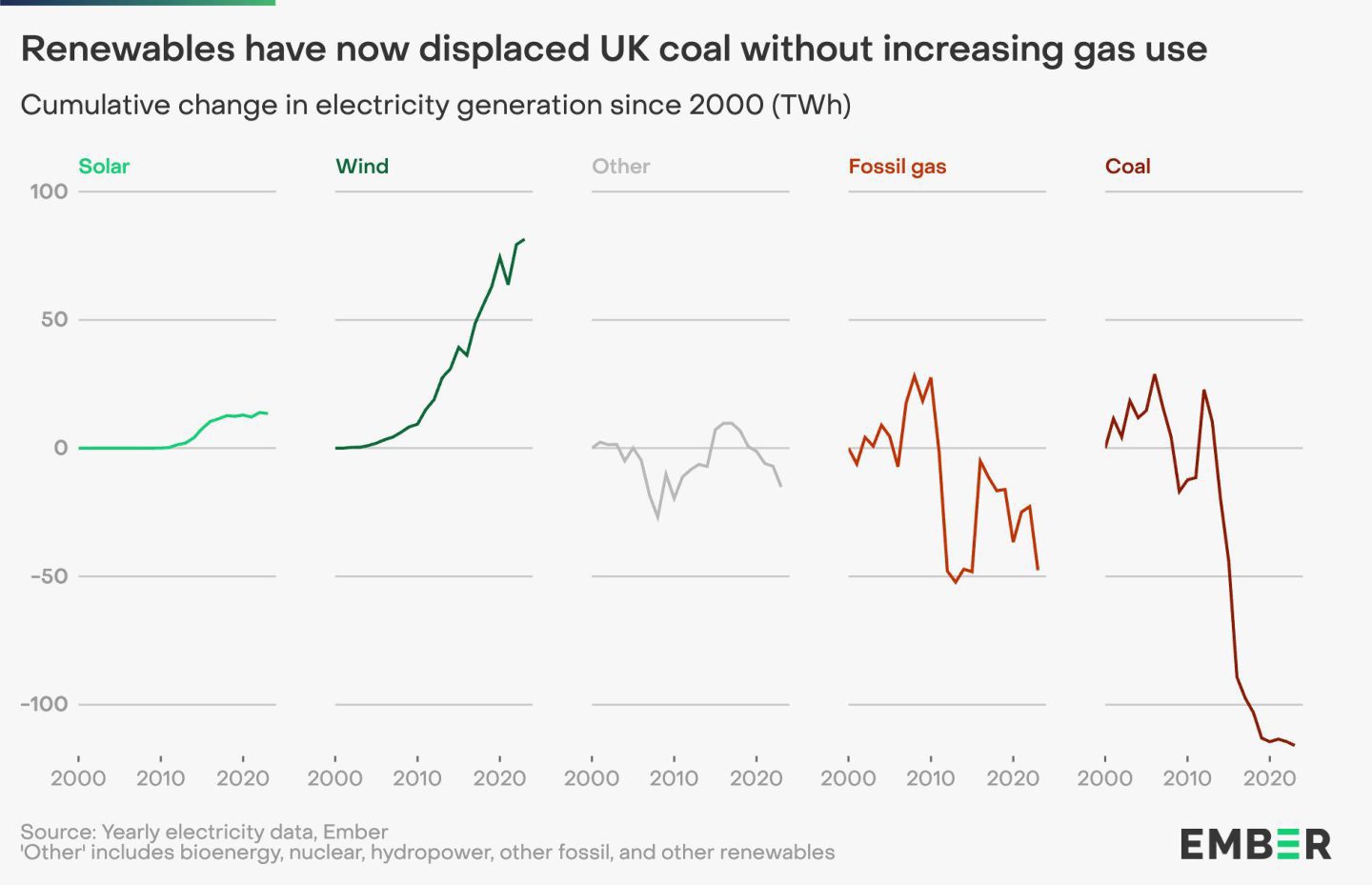
The rapid decline in coal power since 2012 avoided 880 million tonnes of emissions, equal to more than double the UK’s total economy-wide emissions in 2023.
Ember estimated the replacement of coal with wind and solar avoided an estimated £2.9 billion in costs.
Following the election of a Labour government earlier this year, the government is now targeting a fully decarbonised power system by 2030.
But the North Sea oil and gas sector has raised concerns about Labour’s strategy for getting there.
Trade body Offshore Energies UK (OEUK) has warned proposed changes to the windfall tax on oil and gas firms could cause a £13bn hit to the UK economy and put energy transition targets at risk.
Shift away from coal a global trend
As the UK begins its first week without coal power for more than a century, it joins a growing global trend away from the fuel of the industrial revolution.
Ember said OECD goal generation peaked in 2007, and last year reached half that level for the first time.
Coal now accounts for just 17% of electricity generation in OECD countries, down from 36% at its peak in 2007.
Ember said the rapid growth in solar and wind accounted for 87% of the fall in coal during this period.
“Once, coal power was a byword for industrial growth,” MacDonald said.
“Now clean energy is driving economies – and not just in high-income countries, but throughout the world.”
New coal power proposals have declined by 68% since 2015, as developing countries also accelerate the deployment of renewable energy.
According to Ember data, China added seven times more renewable energy capacity than coal, while India added twice as much.
However, Ember said there are still over 600 GW of planned coal power stations in development, with 70% in China and 16% in India.
The closure of the Ratcliffe power station comes as the International Energy Agency (IEA) estimates that global coal consumption could peak either this year or next.
However, Ember said coal power generation must be phased out more quickly to keep climate targets within reach.
To meet the 2030 and 2040 deadlines set by the IEA and the IPCC, global coal power must decline by an average of 6%, or 126 GW, each year.
‘A lot of work to do’
Global Energy Monitor research analyst Christine Shearer said limiting global temperature increases to 1.5 degrees Celsius will require phasing out coal power in the wealthiest countries by 2030.
To date there has been a lot of progress in the G7: coal power has halved over the past decade, the G7 has pledged to decarbonize its coal power sector by 2035, and the UK has shut down its last coal plant,” Shearer said.
“Still, there is a lot of work to do to ensure that both the 2035 target is met and brought forward to 2030, particularly in Japan, the US, and Germany.
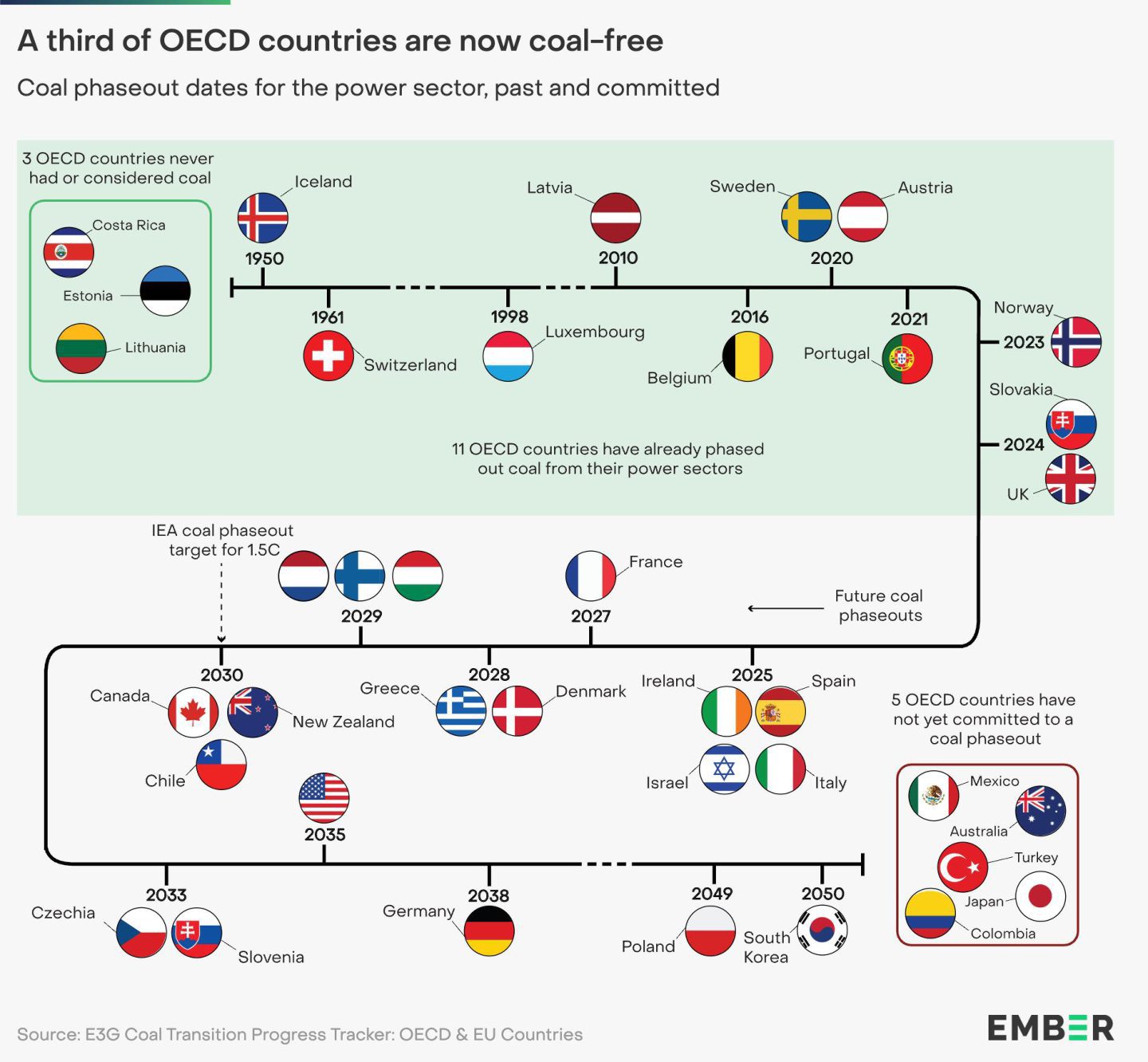
“The good news is the UK shows that once a country clearly commits to a coal phaseout it often happens even faster than planned, because the policy landscape becomes clear and paves the way for cheaper alternatives.”
Energy and Climate Intelligence Unit (ECIU) head of energy Jess Ralston said the rapid decline in UK coal use shows the net zero electricity transition is possible.
“The British public have been burnt by over-reliance on gas for electricity and home heating during the ongoing gas price crisis and keen to see the shift to renewables, not only to reduce emissions but to stabilise energy prices too,” Ralston said.
“The UK’s energy security is now clearly better served by renewables and despite scaremongering around power supply has remained stable throughout the ongoing transition.”
Calls for no new coal power
E3G campaigns director Ed Matthew said the UK showed “true global leadership” in moving away from coal..
“The UK was the first country to build a coal fired power station,” he said.
“It is right that it is the first major economy to exit coal power.”
E3G associate director Matt Webb said the UK should now build on the momentum of initiatives like the Powering Past Coal Alliance (PPCA), which the country established with Canada in 2017.
Since its inception, the PPCA has grown to include 59 national governments, including 24 out of 27 EU states.
But PPCA head of secretariat Julia Skorupska said the world needs to see “ambitious new commitments” on phasing out coal.
“The UK has proven that it is possible to phase out coal power at unprecedented speed,” Skorupska said.
“Others will need to step up their efforts – but they don’t have to do it alone.”
As the world increasingly moves away from coal power, the UK is aiming to position itself as a leader on climate action.
Earlier this month, foreign secretary David Lammy announced the creation of a Global Clean Power Alliance to help accelerate the rollout of renewables.
As the world’s energy ministers gather in Brazil, many may be looking to the UK for inspiration in phasing out coal from their own energy systems.

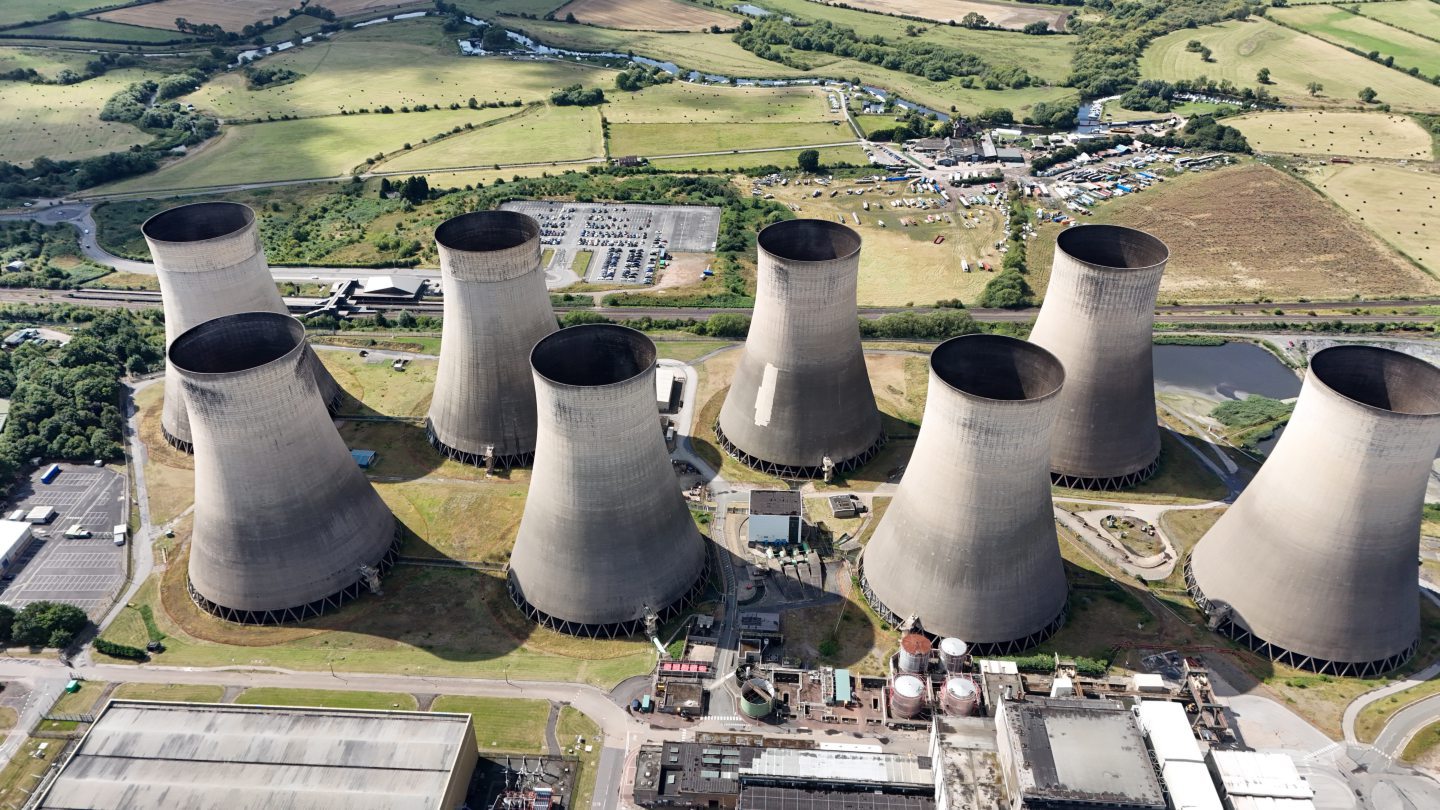 © Image: Coal Action Network
© Image: Coal Action Network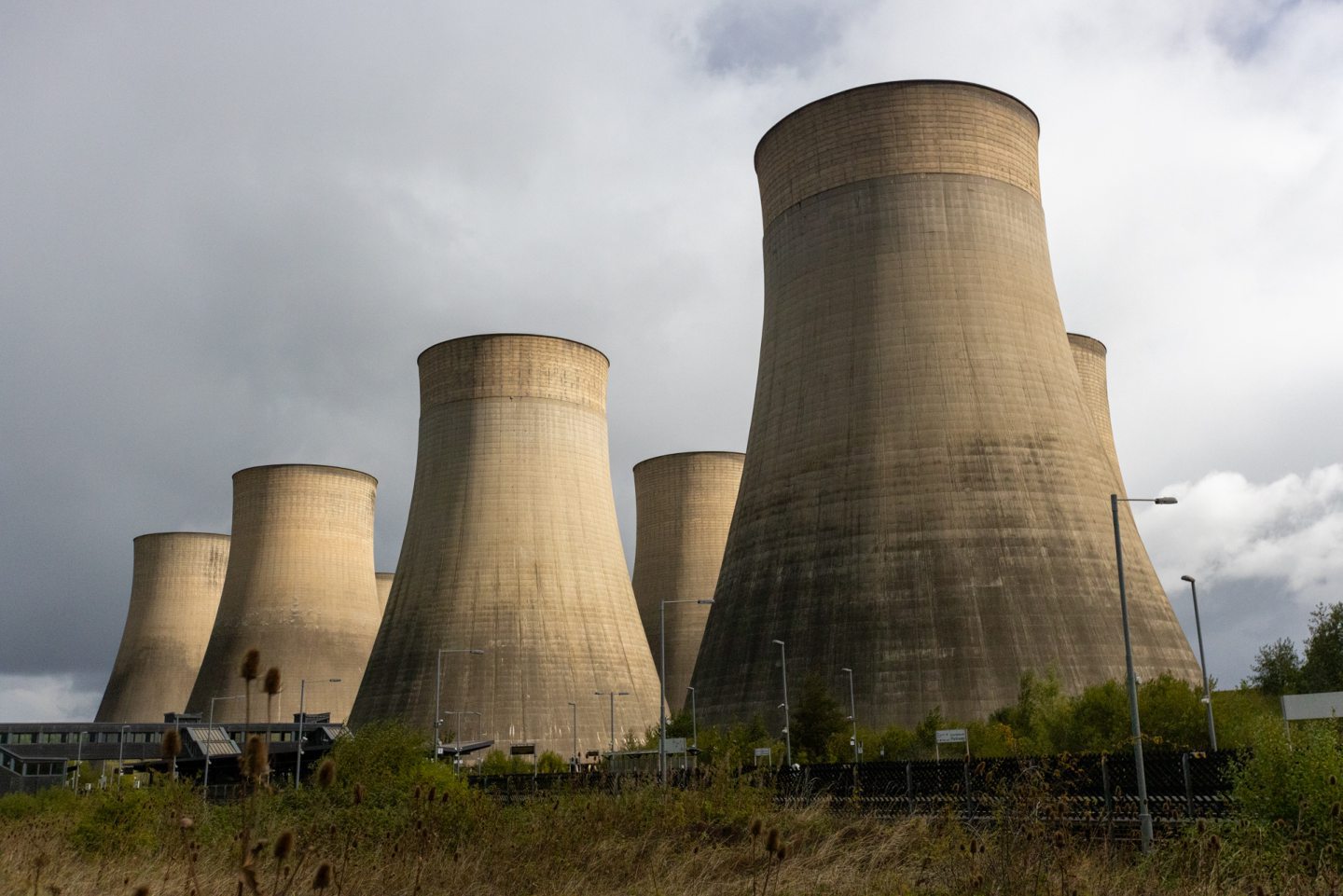 © Supplied by Climate Centre
© Supplied by Climate Centre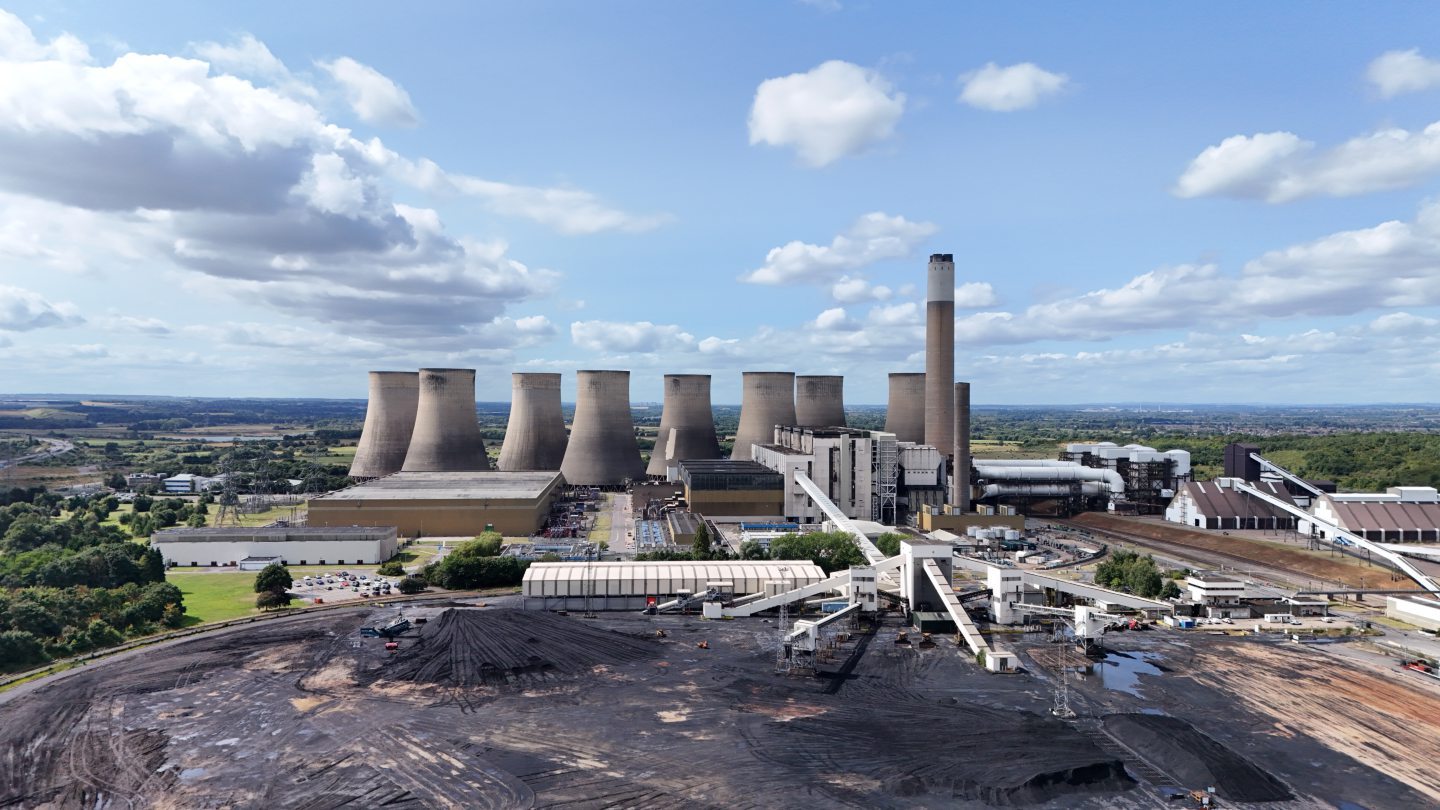 © Supplied by Coal Action Network
© Supplied by Coal Action Network